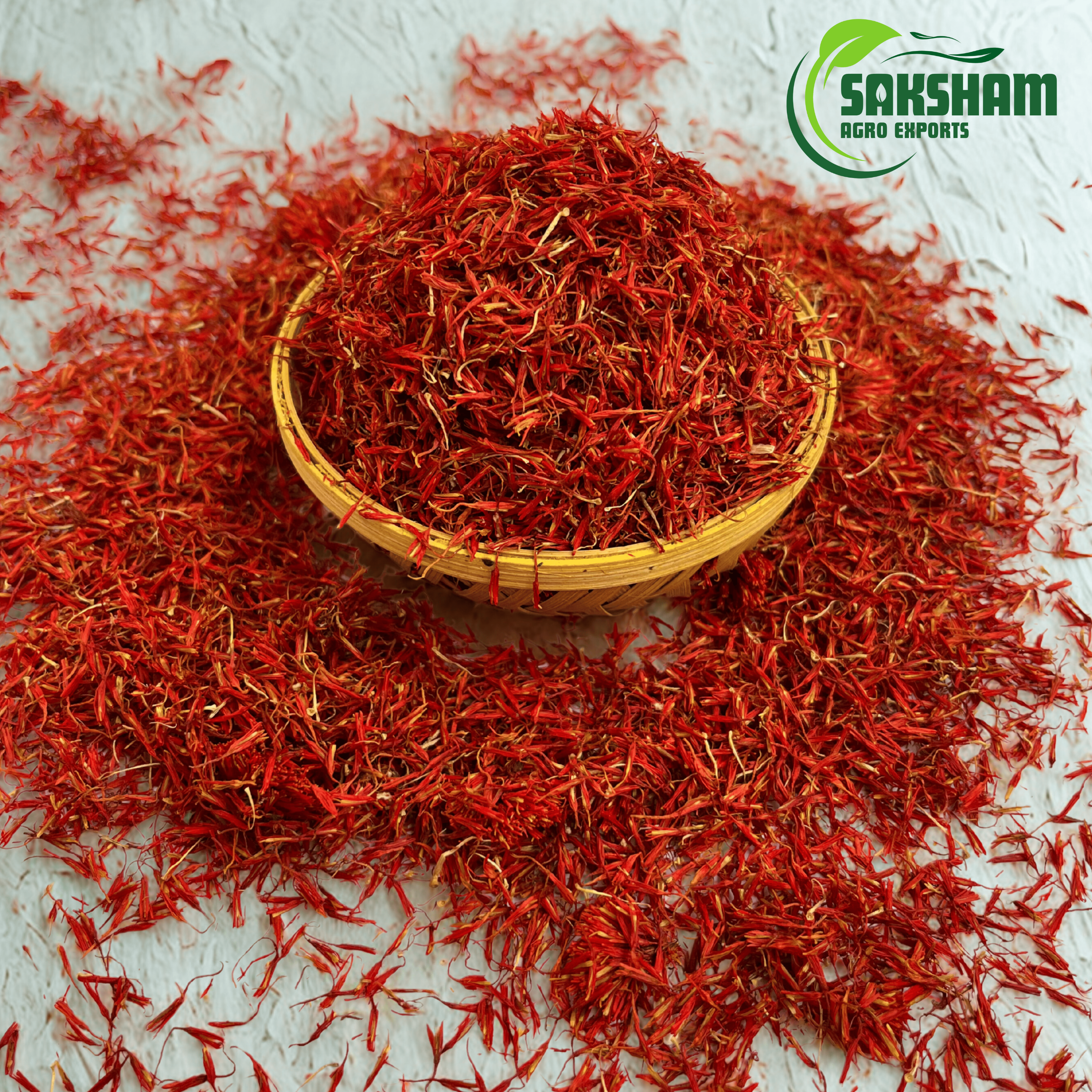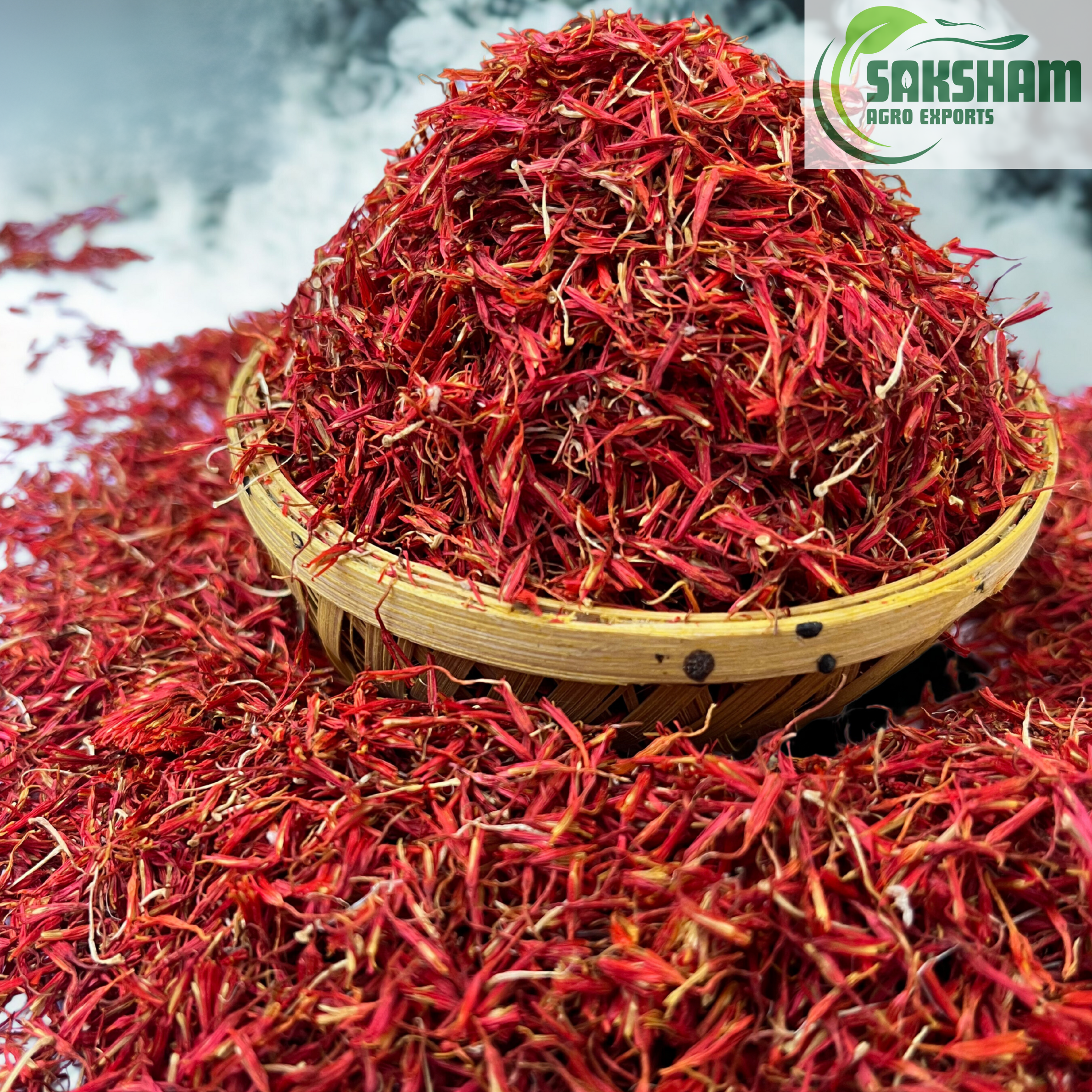Kusum Flower (Schleichera oleosa (Lour.) Oken)


Explore Our Range!
Scientific Name
- Schleichera oleosa (Lour.) Oken
Common Names
- English: Kusum Tree, Lac Tree, Ceylon Oak
- Hindi: Kusum
- Other Names: Macassar Oil Tree
Description
Kusum Flower, scientifically known as Schleichera oleosa, is a deciduous tree native to the Indian subcontinent and Southeast Asia. The tree is known for its bright red flowers, oily seeds, and hardwood timber. Kusum flowers and seeds have traditional uses in herbal medicine, while the seed oil is valued for treating skin conditions, hair care, and as a natural insect repellent.
Health Benefits
The Kusum tree (flowers, seeds, bark, and oil) has important medicinal uses in Ayurveda and folk medicine:
- Blood Purification – Kusum flowers are considered useful for detoxifying blood.
- Skin Health – oil and flower extracts help in treating skin diseases like eczema and itching.
- Digestive Aid – flowers used in traditional medicine for improving digestion and relieving intestinal worms.
- Liver Protection – supports healthy liver function.
- Anti-inflammatory – reduces swelling and joint pain.
Usage
- Medicinal Uses
- Flower Decoction – used in Ayurveda for blood purification and fever.
- Seed Oil (Kusum Oil) – applied externally for skin conditions and hair health.
- Bark Extract – used in traditional remedies for digestive issues and fever.
- Culinary Uses
- Kusum seed oil (after purification) sometimes used for cooking in rural areas.
- Other Uses
- Lac Cultivation – Kusum tree is an important host for lac insects, which produce natural lac (used in varnishes, bangles, dyes).
- Wood – durable, used in agricultural tools, furniture, and construction.
- Oil Uses – also used in making soaps, lamps, and ointments.
